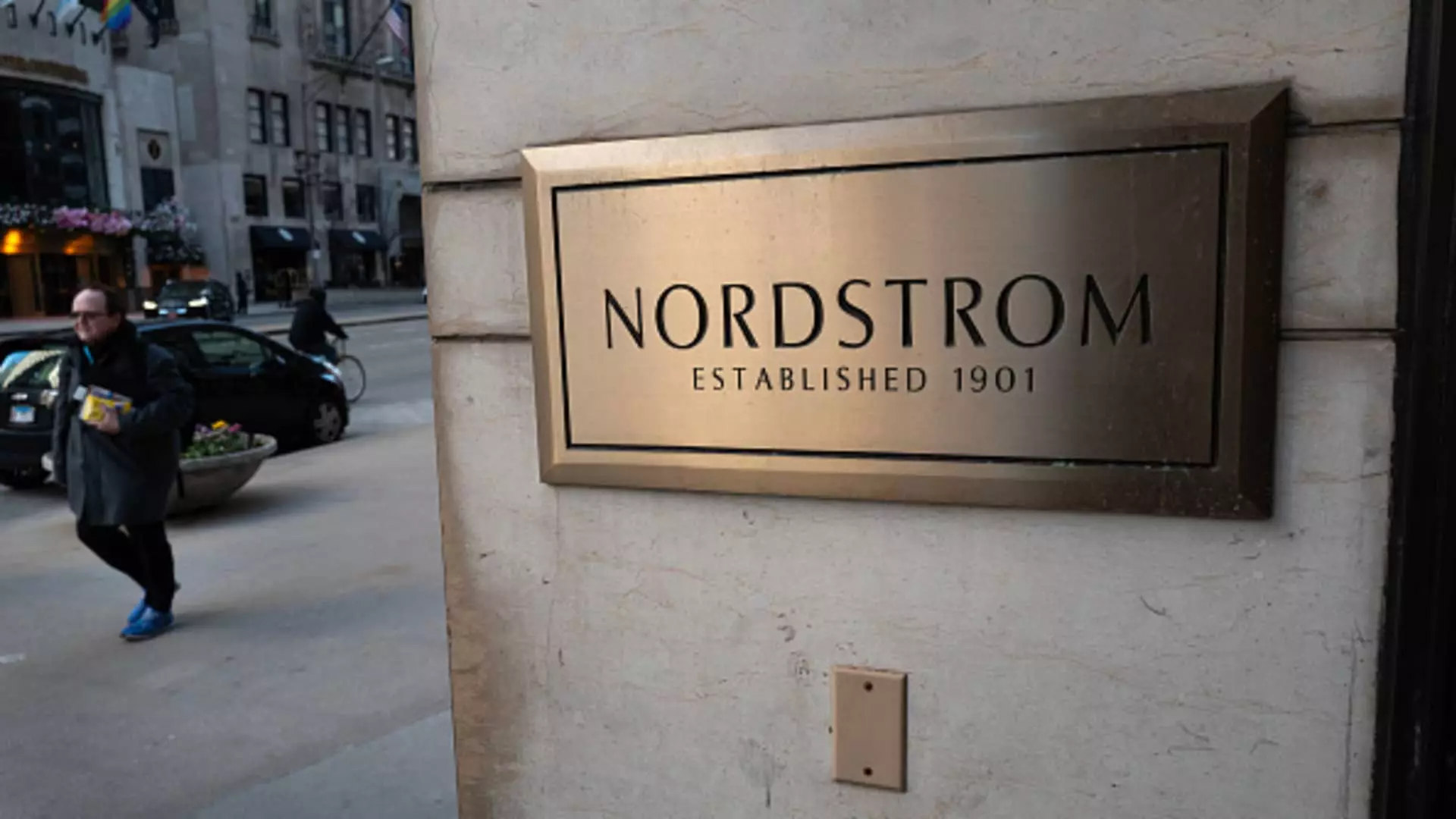In a significant move, Nordstrom has announced its transition to a private entity after agreeing to a notable buyout deal estimated at approximately $6.25 billion. This agreement marks a pivotal moment for the retailer, with the founding Nordstrom family and Mexican department store El Puerto de Liverpool stepping into the spotlight. The decision, ratified unanimously by the company’s board of directors, is poised to be finalized in the first half of 2025. Such strategic maneuvers often stem from the desire to escape the volatility of public markets and recalibrate business strategies without the pressures of quarterly reporting to shareholders.
With the Nordstrom family obtaining a controlling interest of 50.1%, and El Puerto de Liverpool acquiring 49.9%, this new ownership structure could significantly influence the company’s future direction. By privatizing, Nordstrom is positioning itself to implement innovative strategies that may not align with the immediate interests of public shareholders. This could pave the way for enhanced customer experiences and operational adjustments that prioritize long-term growth over short-term profitability.
Preparation for a Dynamic Retail Landscape
Despite recent positive financial indicators, including a 4% year-over-year revenue increase during the third quarter of the fiscal year, the overall retail landscape remains complicated. The broader market trend shows that luxury retailers, including Nordstrom, are grappling with changing consumer behaviors, where buyers are becoming increasingly discerning and price-sensitive. The statement from CEO Erik Nordstrom, emphasizing the brand’s foundation of customer care and satisfaction, suggests a renewed commitment to core values amidst market turbulence.
While the previous attempt to go private in 2018 was unsuccessful, this renewed initiative reflects lessons learned and a stronger conviction from the Nordstrom family. Initial offers last September valued shares at $23 each, totaling approximately $3.76 billion, a figure that highlights the growing recognition of Nordstrom’s worth as a retail institution.
Market Reactions and Future Projections
Following the announcement, there was a slight dip in Nordstrom’s stock price, evidencing market skepticism rooted in the unpredictable consumer climate. Tighter competition and evolving shopping patterns necessitate that Nordstrom not only adapt but also proactively redefine its brand identity. With increased focus on premium customer experiences and personalized services, the company can aim to differentiate itself in an oversaturated market.
Going forward, it will be critical for Nordstrom to align its strategies with consumer expectations while navigating economic uncertainties. Building on its historical foundation as a shoe retailer established in 1901, the brand can leverage its rich heritage and expertise to explore new avenues for growth. Moreover, as El Puerto de Liverpool operates various chains and shopping centers throughout Mexico, the partnership could also open up opportunities for Nordstrom to expand its geographical footprint and experiment with international markets.
Nordstrom’s decision to embrace private ownership presents both challenges and opportunities. As the company prepares for an exciting new chapter, it holds the potential to enhance customer relationships and solidify its market position amidst a dynamic retail environment. The emphasis now lies in how effectively Nordstrom will navigate its future course and emerge as a resilient player in the industry.



Leave a Reply